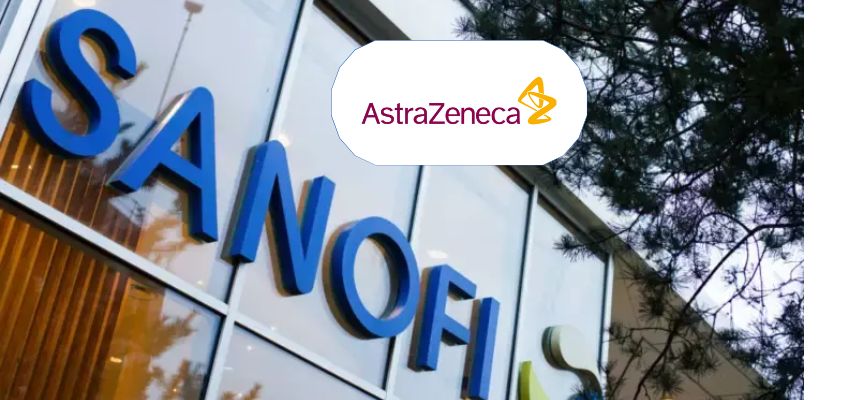No notifications yet

AstraZeneca & Sanofi’s Beyfortus receives Japanese nod for prevention of RSV disease in infants
AstraZeneca and Sanofi’s Beyfortus (nirsevimab), a long-acting monoclonal antibody, has been approved in Japan for the prophylaxis of lower respiratory tract disease (LRTD) caused by respiratory syncytial virus (RSV) in all neonates, infants and children entering their first RSV season, and the prevention of RSV LRTD in neonates, infants and children at risk of serious RSV infection entering their first or second RSV season. Beyfortus is anticipated to be available for the upcoming 2024/25 RSV season, in line with existing Japanese guidelines.
Epidemiology- More than 100,000 cases of RSV LRTD in infants are reported every year in Japan including healthy infants born at term.
Dr. Hiroyuki Moriuchi, Professor and Head of Department of Pediatrics, Nagasaki University Graduate School of Biomedical Sciences, said: “This is an important milestone in the fight against RSV in infants. Almost all children are affected by RSV by the age of two and all infants, including those born healthy and at term, can be at risk. RSV causes a significant burden for children, their families and to the medical system potentially leading to long-term consequences of severe infection in infancy. Beyfortus can protect infants across the RSV season and its approval represents a crucial contribution to the prevention and control of RSV disease in Japan.”
Iskra Reic, executive vice president, vaccines and immune therapies, AstraZeneca, said: “The approval of Beyfortus means it is possible for the first time to prevent serious respiratory disease due to RSV for all infants in Japan and reduce the infectious disease burden on healthcare systems. Beyfortus reflects AstraZeneca’s commitment to the scientific development of preventive options to support the most vulnerable patient populations and we look forward to making Beyfortus available in Japan for the 2024/25 season.”
Beyfortus has received approval in the European Union, US and China.
In the early stage of first and second RSV season:
The Beyfortus dosing regimen was determined based on further exploration of the phase IIb data and was used in subsequent trials as a single 50mg dose for those who weigh less than 5kg, or a single 100mg dose for those who weigh 5kg or greater.
These trials formed the basis of regulatory submissions which began in 2022.
• Beyfortus (nirsevimab) is a single dose long-acting antibody, developed and commercialised in partnership by AstraZeneca and Sanofi using AstraZeneca’s YTE technology.
Beyfortus administration can be timed to the start of the RSV season or during the season for those infants born in season.
Following a revision to the profit-sharing arrangement relating to the development and commercialisation of nirsevimab in the US between AstraZeneca, Sanofi and Sobi, Sobi has entered into a direct relationship with Sanofi, replacing the previous participation agreement with AstraZeneca entered into in November 2018.
Beyfortus will be co-promoted by AstraZeneca and Sanofi in Japan.

Sick and tired of always wondering if you are being asked to pay the right price for your APIs? This empowers you with the answers you need to make the right decisions in the Global API market.
Chemxpert Database is one of the biggest and most comprehensive directories of pharma and chemicals, manufacturers, suppliers and information. Provided with current information on prices, demand and transactions, it gives you instant feedback on whether you are buying what is right and at the right time.
Start using market intelligence today and allow yourself to be in control in the API market.
Check it out today and make more informed sourcing decisions! Learn More!
